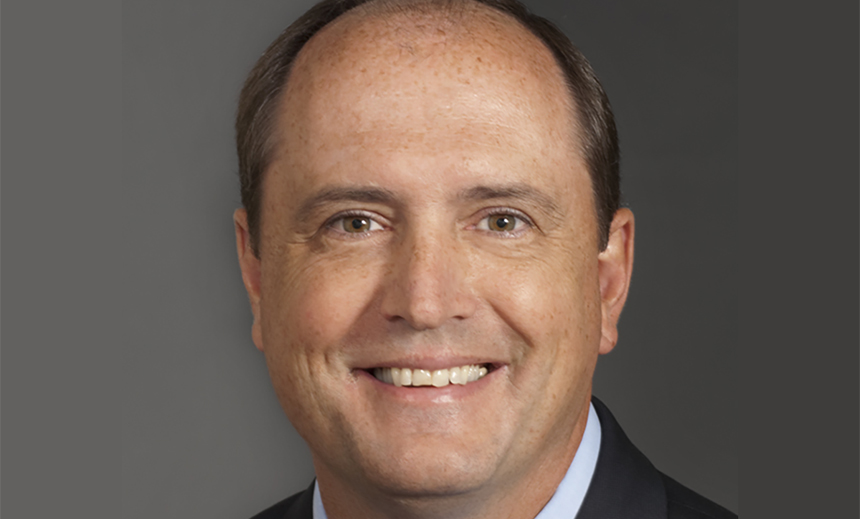Ping Identity Debuts $50M Venture Fund to Back IAM Startups
Identity & Access Management
,
Security Operations
Ping Ventures Will Support Startups Building the Next Generation of Identity Tools

Ping Identity is rolling out a $50 million in-house corporate venture fund to support identity and access management technology startups, betting it can spot, fund and integrate cutting-edge technology into its own stack.
The Denver-based identity vendor says Ping Ventures will back new businesses in fields such as online fraud and risk services, real-time identity verification, identity and data access governance, decentralized identity, machine identity, experience automation, and dynamic authorization and entitlement.
See Also: Fireside Chat | Zero Tolerance: Controlling The Landscape Where You’ll Meet Your Adversaries
The company’s investing approach won’t be the same as traditional venture capital, says Anton Papp, Ping Identity’s head of corporate development.
“There are strategic reasons behind why we are making investments. And because of that, there’s much tighter integration with our products and back to subject matter experts in the company,” he tells Information Security Media Group.
Ping Ventures will serve companies seeking seed, Series A and Series B funding and will make investments ranging from $500,000 to $5 million each. The company hopes to make between three and four investments each year and expects offer follow-up support to portfolio companies over the next couple of years, allotting $50 million (see: Cloudflare One Brings Email Security, DLP, CASB Together).
Startups that receive funding from Ping will benefit from access to the company’s subject-matter expertise,…


 Dear Reader,
Dear Reader,